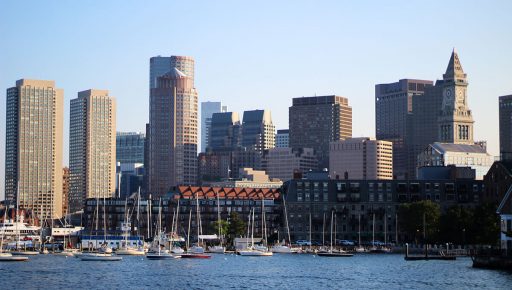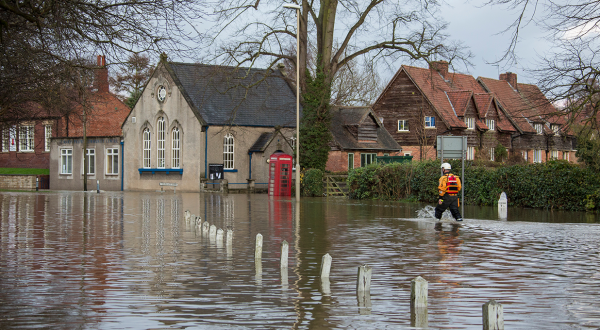
The capital city of the State of Massachusetts has been leveraging open data since 2009. Today, the use of open data is a key feature of urban policy-making in Boston.
His résumé speaks for itself. He co-founded Blue State Digital (BSD) in 2004, led Barack Obama’s digital campaigns in 2008 and 2012, and has advised the NGO, Code for America. He is a graduate of MIT and is the Chief Information Officer (CIO) for Boston (population 660,000). He is Jascha Franklin-Hodge, undoubtedly one of the leading world figures in open data.
He was appointed to the position of CIO by the city in June 2014 with a mission to create, deploy, and operate a whole ecosystem designed to make urban data openly available, particularly for the purpose of enhancing public action.
Boston quickly came to understand the great value that data can yield. Data can be used to provide increasingly effective services in all areas of policymaking, including transport planning, energy consumption, infrastructure and green space management, public health, education, leisure activities, and involvement in community-based groups. Data can also be used to promote greater transparency and democracy by helping to mobilise players from across the community as a whole, including city residents, associations, public services, start-ups, and major companies.
Citizens Connect and CityScore
In 2009, Boston launched Citizens Connect, a mobile application that enables citizens to take photos, geolocate and comment on problems, report issues to municipal authorities, monitor problem responses and resolutions, and find out the names of the employees responsible for resolving problems to congratulate them. Even though the number of reported incidents has doubled since 2009, municipal services manage to process at least 80% of them. For the past few months, Boston has been using a dashboard called CityScore to monitor approximately 20 performance metrics. CityScore is one of the most effective data crowdsourcing resources in the United States.
In fact, this solution showed just how effective it is when it helped to re-establish severed road connections and communication cables after Hurricane Sandy struck the area in 2012.
Data against insecurity, poverty and violence
On a different note, by cross-referencing data from Citizens Connect and open data portals, Boston can conduct predictive sociological analysis so as to curtail insecurity, poverty, and violence in certain neighbourhoods.
The city of Boston’s open data strategy rests on two key entities: the Department of Innovation and Technology (DoIT) and the Mayor’s Office of New Urban Mechanics (MONUM), a laboratory for urban practices created in 2010.
Building on the strength of these two agencies, the city created Boston About Results (BAR), a portal that allows citizens to track, more or less closely, the city’s policy decisions and evolving social and economic issues through relevant data and statistics, including unemployment, investment, new business launches, and policy positions with respect to objectives.
Citizens also have access to new, participatory mobile applications that recall apps such as Street Bump (motion sensors and global positioning systems on smartphones in cars report problems with road surfaces) or Where’s My School Bus (a schoolbus-tracking system with real-time video feeds).
11/10/2016

